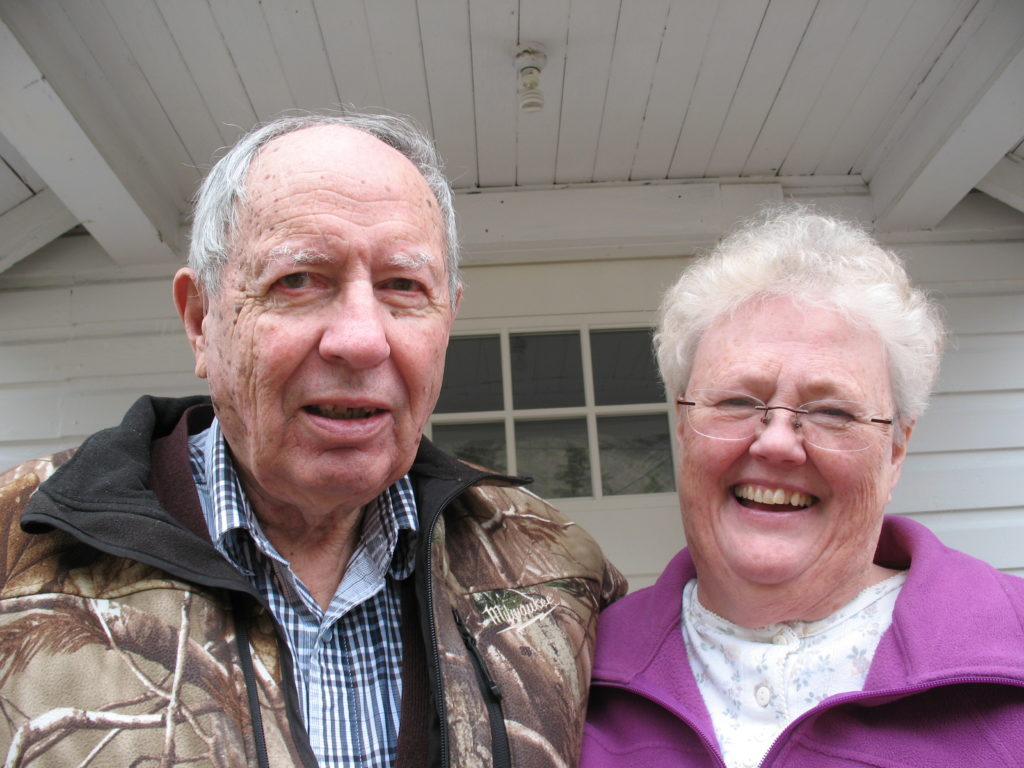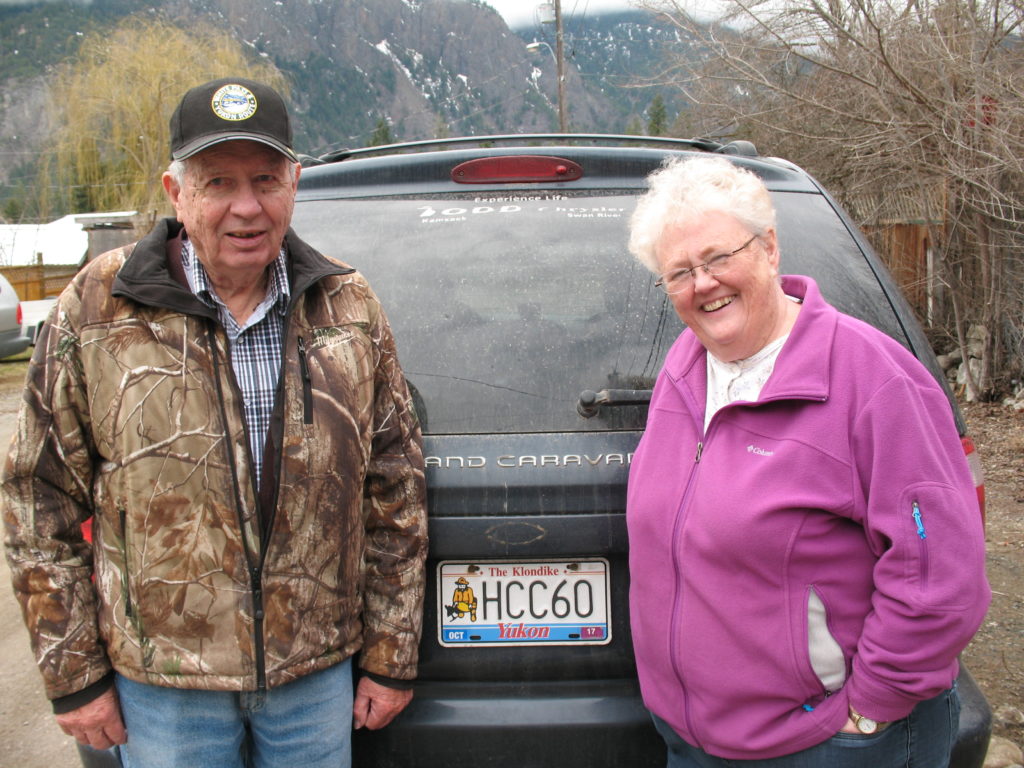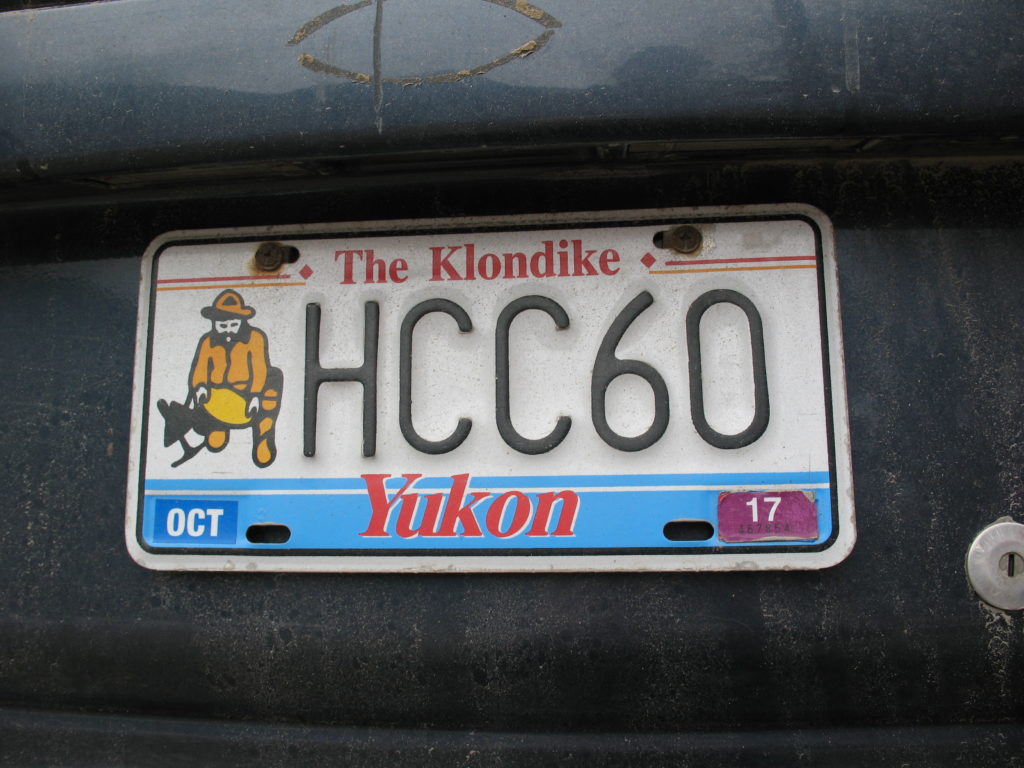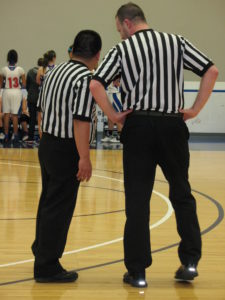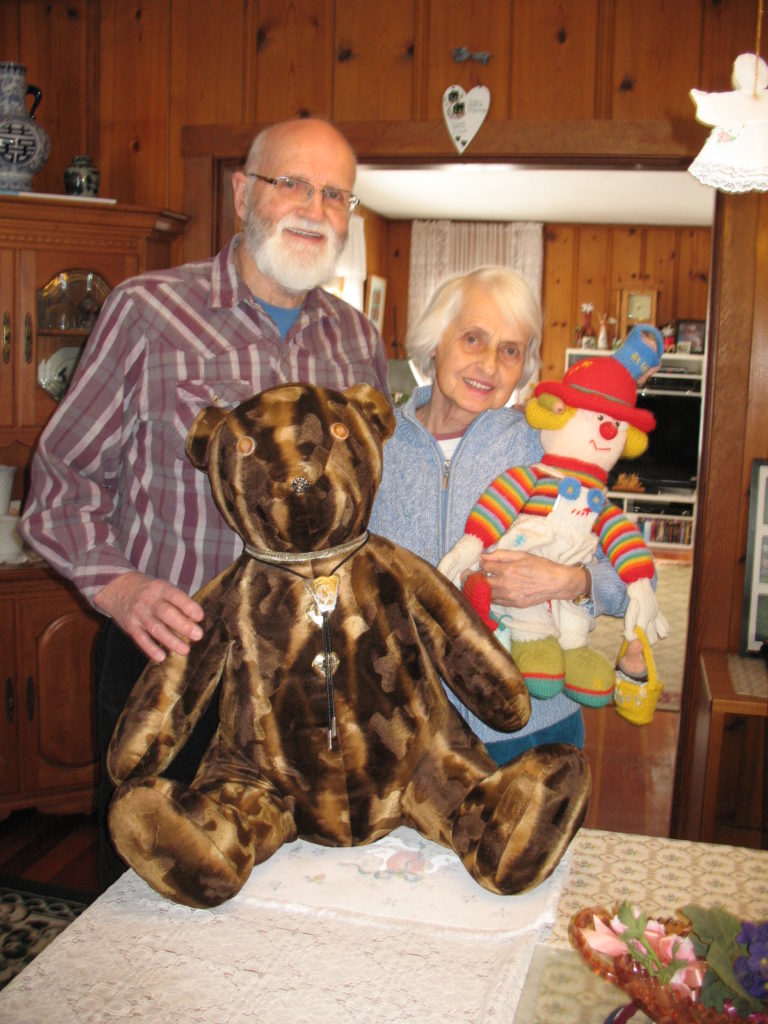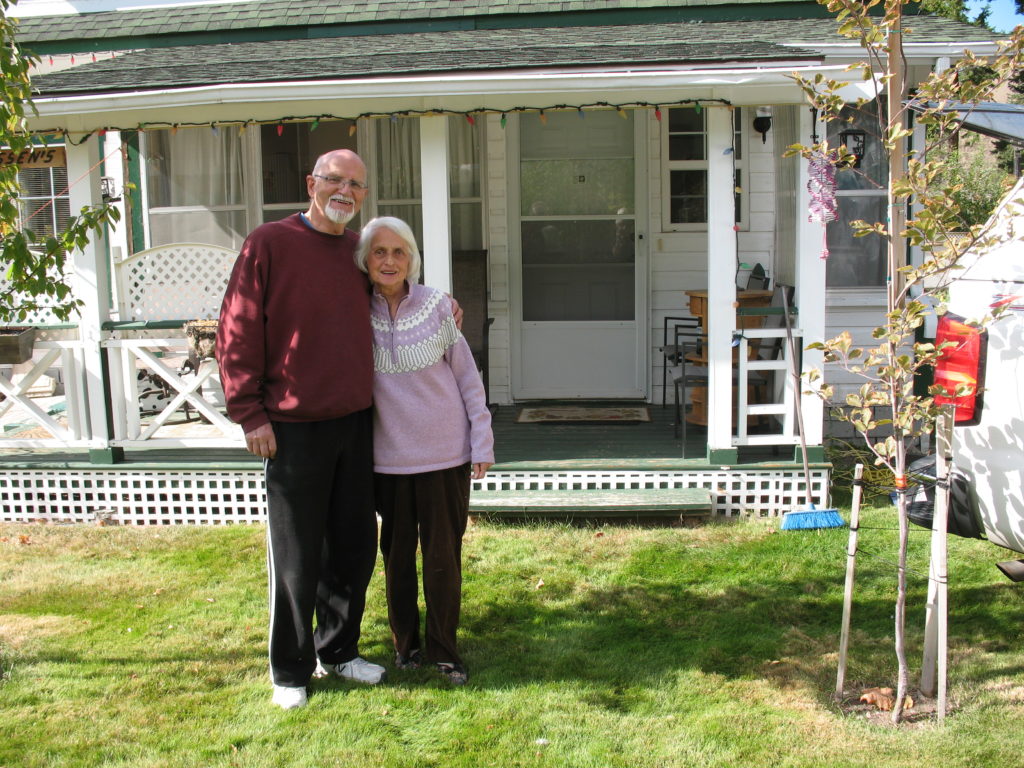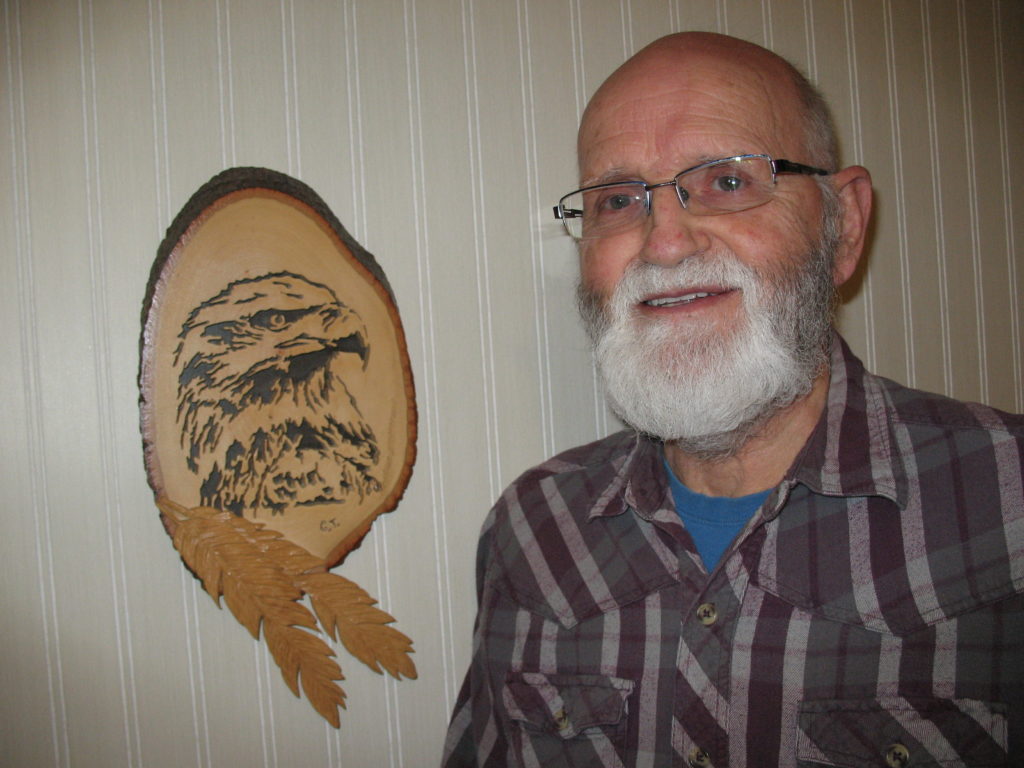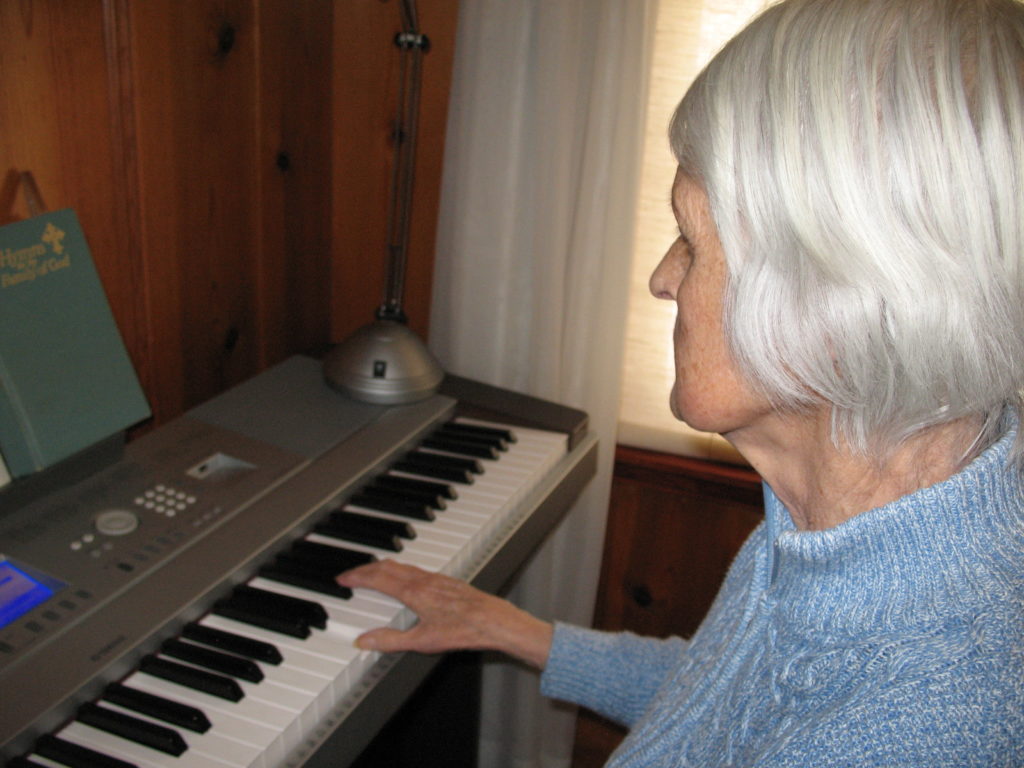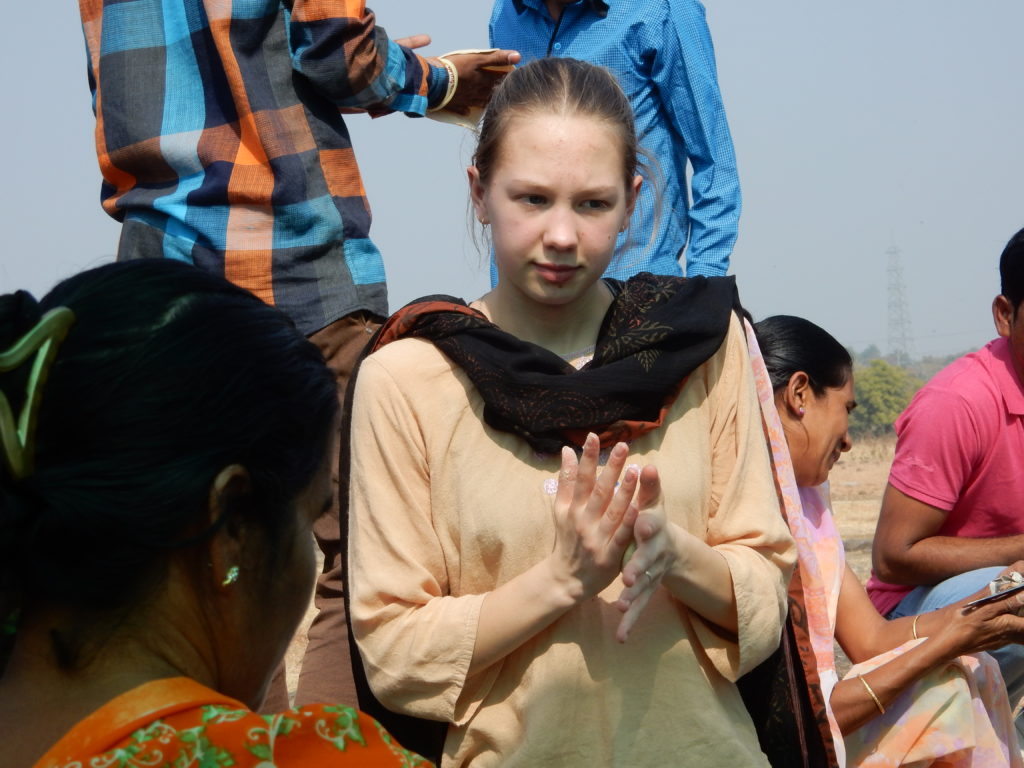Last week when Linda and I were walking along Daly Avenue in Hedley, we noticed an unusual sign attached to a telephone pole. It was an “advertisement” for the local drug house. Someone must have placed it there in the darkness of the night. It had not been there the previous day and would certainly be removed before the end of this day. People selling illicit drugs do not place ads in newspapers or on telephone poles. Fortunately, I had my camera in my jacket pocket and I took advantage of the opportunity.
The sign intrigued me because although there is a good deal of under the breath grumbling about the drug house, I’m not aware anyone has taken any direct action, other than complaining to the police.
At the Senior Centre’s coffee time early the next morning, Linda learned that similar signs had been posted on poles elsewhere in town, but no one could even guess who had done it. Whoever did it likely fears retribution and isn’t talking. All we know is the individual has the ability to use a computer, but just about everyone in Hedley possesses that skill.
My best guess is that it was a woman. One with the lively imagination required to concoct a plan such as this. (I’ll call her Martha.) Without exposing herself, Martha has cleverly and effectively cast light on the local drug operation. This certainly will not be welcome. When I looked for the signs the next morning, they had already been taken down.
Martha evidently possesses a well developed social conscience, and the will to take action when she believes her community is threatened. If one of the drug house “clients” had been restless and wandering about that night, she might have been seen and reported.
In suggesting that it was a woman who posted the signs, I’m obviously making an assumption. However, women have often provided leadership in battles against wrongdoing in their community. I’m always impressed when, instead of attacking head on, they devise wonderfully ingenious schemes to unsettle their adversary.
Martha seems to have a lot in common with an early Canadian social activist, Nellie McClung. I was reminded of Nellie when I saw the sign on the pole. Early in the 20th century Nellie and a delegation of women publicly presented Manitoba Premier Redmond Roblin with a petition requesting that women be given the right to vote. Roblin told them his mother had instilled in him a great respect for women and that they are actually on a higher plane than men. Nevertheless, he declared himself unequivocally opposed to giving them the right to vote. While he was speaking, Nellie observed his pompous, patronizing attitude, his ingratiating friendliness designed to disarm them, and his at times loud, commanding voice.
The following evening Nellie announced to a capacity crowd in the Walker Theater in Winnipeg that the program would include a mock parliament. It would feature a fantasy legislature in which gender roles were reversed.
When the curtain rose the stage was occupied by women wearing evening gowns and black coats.
Nellie McClung, in the role of Premier, adopted Roblin’s pompous, patronizing words and tones. Referring to a delegation of men who had requested the right to vote, she said, ”if all men were as intelligent as these representatives of the downtrodden sex seem to be, it might not do any harm to give them the vote. But all men are not intelligent.” Many in the audience had heard similar words about women from the Premier the evening before. She adopted the Premier’s stance, palms up. “There is no use giving men the vote,” she continued. “They wouldn’t use them. They’d let them spoil and waste. How could they be allowed to vote,” she thundered, “when 70% of those appearing in court are men? Giving men the vote would unsettle the home. The place for them is on the farm!”
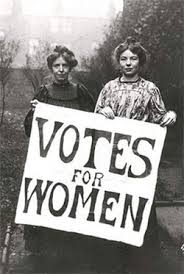
Nellie McClung’s response to the Premier was innovative and her performance was masterful. She succeeded in persuading the audience that the Premier’s intransigence was illogical and foolish.
Although the signs have been removed from the poles, they aren’t really gone. I’ve heard that a local citizen posted a picture of one on Facebook.
The drug house won’t close because of Martha’s signs, but like Nellie McClung, she has reminded us that it is possible to push back against unsavoury influences in our community.



